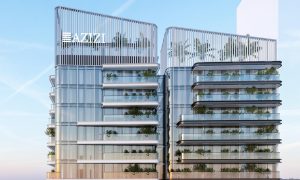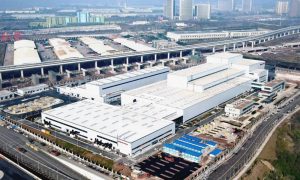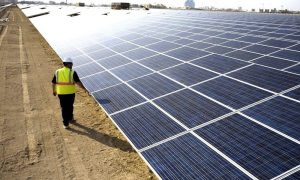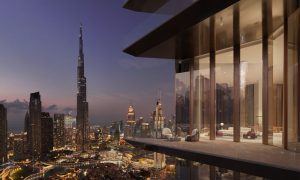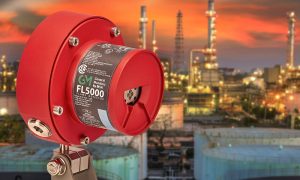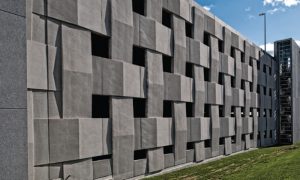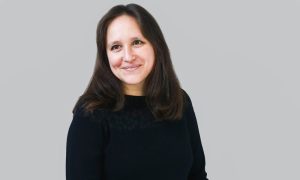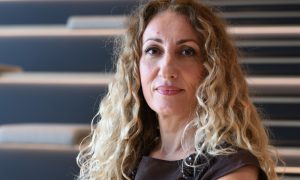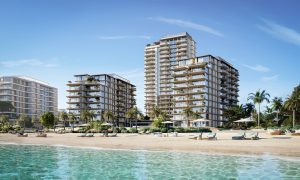EAD awarded LEED certification for three of its facilities
LEED Platinum certificate awarded for O+M at EAD HQ and Al Wathba Wetland Reserve, while EAD’s offices in Al Ain were certified LEED Gold

The Environment Agency – Abu Dhabi (EAD) has been awarded the LEED O+M version 4.1 certificate by the US Green Building Council (USGBC). The EAD said that it was awarded the certificate in recognition of its efforts in managing sustainable, healthy and environmentally friendly buildings and its application of sustainability standards in three of its facilities.
The agency said that it received LEED Platinum certification for its leadership in the application of energy and environmental protection systems in terms of operation and maintenance for its headquarters, as well as the Al Wathba Wetland Reserve. The EAD offices based in Al Ain were also certified LEED Gold for their application of energy and environmental protection systems in O+M. The Green Building Classification System is considered the most widely used in the world.
According to a statement, the USGBC also acknowledged EAD for its sustainable facility management and leadership in energy and environmental design, while commending it for fulfilling the necessary certification criteria.
In March 2022, SNC-Lavalin launched a data-driven solution to accelerate Net Zero transition in the built environment.

These include managing indoor environmental quality including factors such as air quality, green cleaning materials, pest management and zero tobacco smoke presence. The agency is also deemed energy efficient due to reductions in electricity use and GHG emission intensity, chilled water consumption, and the numbers for refrigerants used in the three facilities.
Her Excellency Dr. Shaikha Salem Al Dhaheri, Secretary General of EAD said, “At EAD we like to lead by example. If we are going to urge stakeholders to conserve the environment in Abu Dhabi, then we need to be doing the same. Therefore, we have worked very hard to ensure that all our physical assets are sustainable and green, so that we can be a credible and accountable organisation. We were duly rewarded for these efforts, and I am very proud of my team for continuously implementing the environmentally sustainable practices, so that we earned LEED certification and be acknowledged by such a respected international entity.”
Among the notable achievements were EAD’s use of low-emission vehicles in its Transport Division, water efficiency measures such as efficient sanitary fixtures and low water consumption intensity, as well as its sustainable procurement policy for daily office consumables, positive facility management and renovation policy, and the presence of office waste segregation and recycling.
In August 2022, MOCCAE unveiled a pledge to boost the private sector’s contribution to UAE’s Net Zero by 2050 initiative.

As such, EAD’s office buildings performed well, and the building operation data for the 2020-21 period demonstrated that the agency lived up to the LEED certificate standards.
Fatima Mohamed Al Marzooqi, Director of Facility Management and Administration Division at EAD added: “Even though the LEED certification journey was a long process as we had to pro-actively implement certain policies and ensure that our assets are physically fitted with environmentally-friendly equipment, we were able to achieve our goal. We are among the few entities in Abu Dhabi to have received the LEED certificate and it is an honour to be alongside other buildings that match the criteria such as the ADNOC headquarter buildings, the Siemens building in Masdar City, Masdar headquarters and the IRENA building, also in Masdar.”
The certification is said to be in line with EAD’s strategic priority, which is focused on ‘Leadership in corporate environmental sustainability’, which aims to reduce the agency’s environmental footprint, improve efficiency, and raise awareness about sustainability.
In September 2022, a youth movement called for global leaders to take “urgent and bold climate adaption action”.
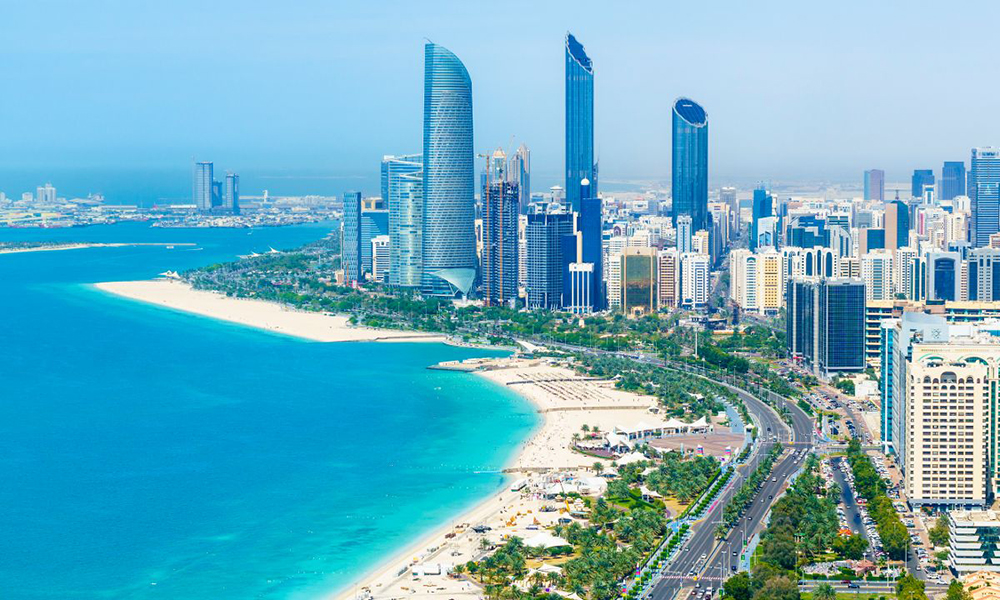
Receiving the LEED certificate involved two phases, the agency noted. The first was a 12-month feasibility, gap assessment and measures implementation, followed by an 18-month second phase of performance monitoring and certification.
The agency also partnered with Global Energy and Environmental Engineering Service (GE3S), a consultancy firm that assisted EAD in its accreditation. GE3S helped assess the gaps in EAD’s facilities against the LEED performance standards and identified mitigation measures needed to improve the building’s performance. The consultancy firm also prepared all the plans, procedures, analysis, and documentation that needed to be submitted to USGBC to obtain the LEED certification, the statement concluded.
Later in September 2022, the UAE Ministry of Climate Change and Environment introduced the National Air Quality Agenda 2031.



